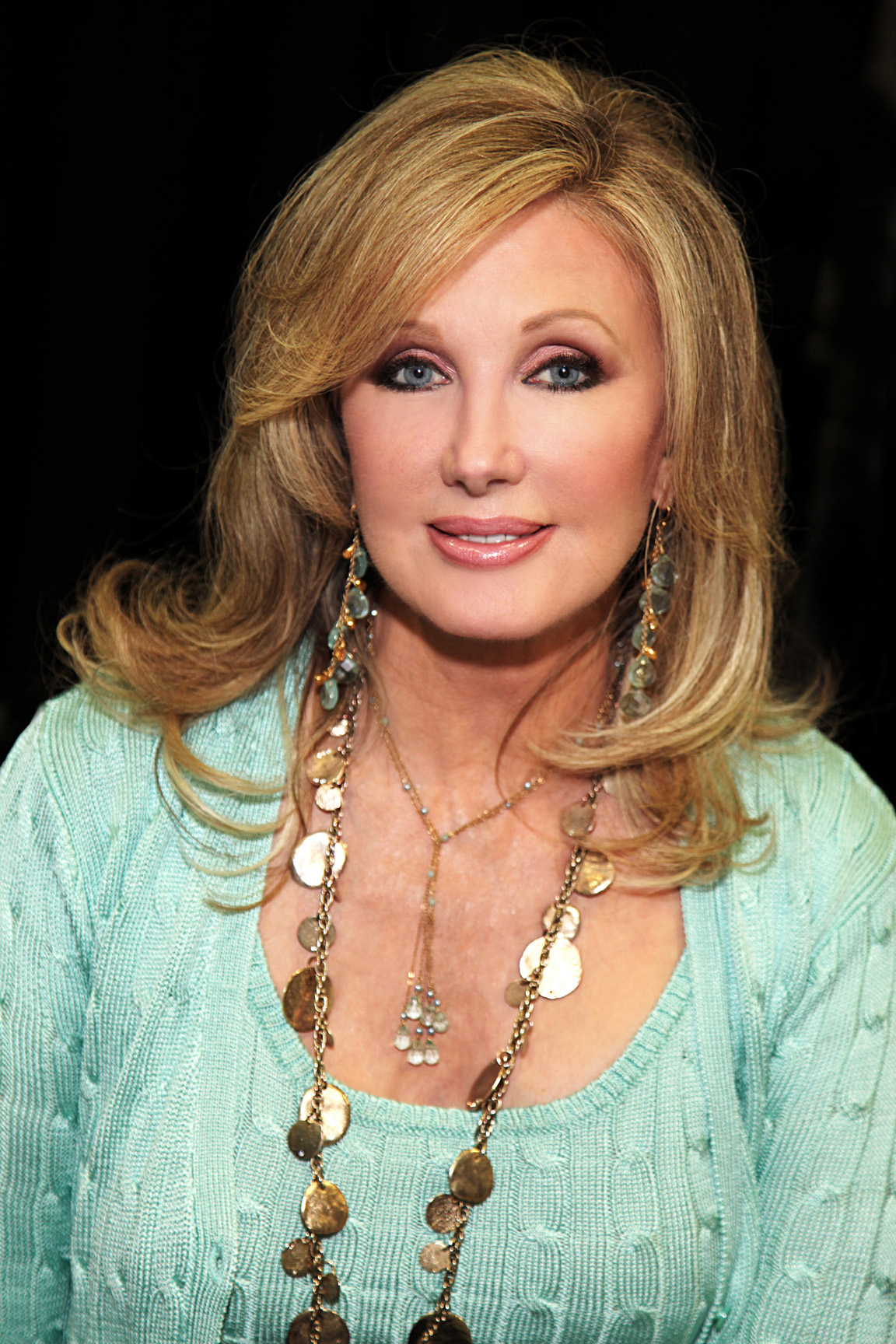Jerry Springer
Explore the complete timeline of Jerry Springer's life and career, from his early days as a politician to becoming a renowned television host known for 'The Jerry Springer Show'. Discover key milestones in his journey, personal life highlights, and his impact on pop culture.
Birth of Jerry Springer
Gerald Norman Springer, known worldwide as Jerry Springer, was born on February 13, 1944, in Highgate, London, England. He was born during World War II to Jewish refugee parents from Germany, who had escaped the Holocaust. Springer's parents brought him to New York City when he was just four years old, and his upbringing and education in the US laid the groundwork for his future career in politics and television. His early life was shaped by his family's experiences and the vibrant American culture of the time, eventually leading him to study political science and law.
Jerry Springer Becomes Mayor of Cincinnati
In 1977, Jerry Springer's political career reached its peak when he was sworn in as the 56th Mayor of Cincinnati, Ohio. Prior to becoming mayor, Springer had served on the Cincinnati City Council, where he was elected in 1971. His mayorship, although brief, was notable for his progressive policies and efforts to bridge the divide between different communities in Cincinnati. This political experience later served him well in his broadcasting career, where he often dealt with controversial and social issues.
Launch of "The Jerry Springer Show"
On September 30, 1991, "The Jerry Springer Show" premiered on television. Initially conceived as a politically-oriented talk show with a format similar to other talk shows at the time, it eventually transformed into a sensational and controversial show known for its outrageous guests and shocking moments. The show became a ratings powerhouse and a pop culture phenomenon, influencing numerous imitations and critiques of tabloid television. It catapulted Springer to fame as a television host known for managing chaotic and explosive episodes.
Jerry Springer: Too Hot for TV
Capitalizing on the controversial success of his television show, Jerry Springer released a video called "Jerry Springer: Too Hot for TV" on May 10, 1998. The video featured uncensored and unaired segments from "The Jerry Springer Show" and became a best-seller, further solidifying Springer's reputation and the show's notoriety. It showcased the most provocative parts of the show, which could not be aired due to network television standards, and added to the public discourse about the impact of such programming.
Release of "Ringmaster" Autobiography
On October 19, 2004, Jerry Springer published his autobiography "Ringmaster!" In this tell-all book, Springer shared insights into his life, from his childhood as a refugee to his political career and his rise to fame with "The Jerry Springer Show." The autobiography gave fans a behind-the-scenes look at the creation of the infamous talk show, as well as honest reflections on the controversies and moral dilemmas he faced throughout his career. It was a personal and candid account of his journey through both public service and entertainment.
Jerry Springer on "Dancing with the Stars"
Jerry Springer joined the cast of "Dancing with the Stars" for its third season, which premiered on September 12, 2006. Partnered with professional dancer Kym Johnson, Springer endeared himself to audiences with his earnest effort and charming personality. Despite not being a natural dancer, his perseverance and sense of humor won over fans, and he continued to progress through the competition, ultimately finishing in fifth place. His participation in the show showcased his versatility as a performer beyond his talk show persona.
Jerry Springer: The Opera US Premiere
"Jerry Springer: The Opera," a musical that satirizes the format and content of "The Jerry Springer Show," made its US premiere on November 1, 2009. The opera had originally debuted in the UK in 2003 and received various accolades and controversy for its portrayal of talk show culture and its religious themes. The US premiere brought the production to a new audience, adding to discussions about media influence and the intersection of entertainment, morality, and religion.
First Episode of "The Jerry Springer Podcast"
On February 26, 2015, Jerry Springer launched "The Jerry Springer Podcast," demonstrating his adaptability and willingness to explore new media formats. The podcast featured a mix of celebrity interviews, reflections on current events, and discussions on various social topics, continuing Springer's tradition of engaging audiences with provocative content. It allowed him to connect with listeners in a more intimate and in-depth manner, further expanding his influence beyond television into the digital audio space.
Jerry Springer Announces End of "The Jerry Springer Show"
On June 13, 2018, it was announced that "The Jerry Springer Show" would end its production run after being on the air for nearly 27 years. The show had become a cultural touchstone known for its outlandish and dramatic episodes. While controversial, it had transformed Springer into a pop culture icon and had a lasting impact on talk show formats. The decision to cease production marked the end of an era not only for Springer but also for television entertainment that thrived on sensationalism.
Premiere of "Judge Jerry"
Following the conclusion of his talk show, Jerry Springer debuted a new program called "Judge Jerry," which premiered on September 9, 2020. In this courtroom reality series, Springer took on the role of a judge, using his law degree background to adjudicate small claims cases. The show combined legal proceedings with Springer's familiar flair for entertainment, appealing to fans who appreciated his unique style and ability to preside over more subdued but still engaging cases.
Frequently asked questions about Jerry Springer
Discover commonly asked questions regarding Jerry Springer. If there are any questions we may have overlooked, please let us know.
Was Jerry Springer involved in other television projects after his show ended?
What is Jerry Springer's background before becoming a talk show host?
When did 'The Jerry Springer Show' end its original run?
When did Jerry Springer's talk show first air?
Related timelines
More timelines connected to Jerry Springer







